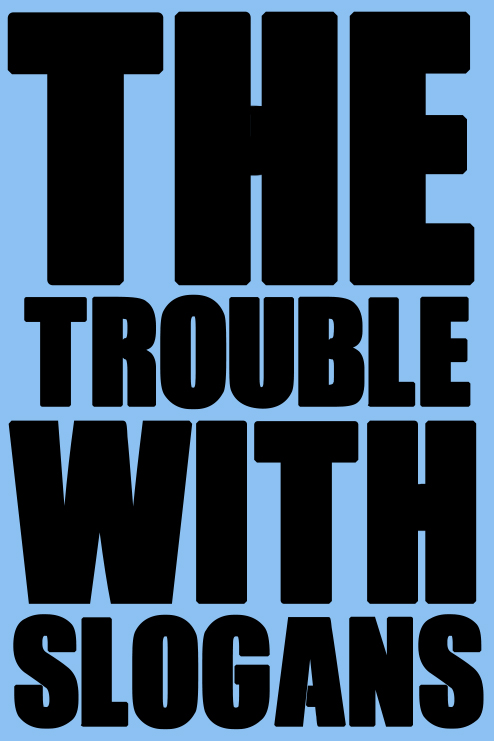I find myself coming back to Umberto Eco’s Ur-Fascism a lot these days. I don’t exaggerate when I say it is one of the best essays I’ve ever read, not just about fascism but in general. It’s certainly one of the most comprehensive analyses of fascism’s ideological underpinnings, with Eco’s 14 points being widely cited as how one can best spot a fascist.
There is one part in particular that has stuck with me ever since I first read it. As a child, Eco witnessed the liberation of his hometown by anti-fascist partisans. When the partisan leader gave a speech about their victory, it was rather short, understated and to-the-point, completely unlike anything Eco had heard from Mussolini’s flashy performances. He quickly understood the meaning of this at a deep level: “freedom of speech means freedom from rhetoric”.
This was an idea I spent a lot of time mulling over, one I struggled to get to grips with after a life of being taught that the best speakers were the best rhetoricians.
I began to understand it much better during the fallout from the Brexit referendum. During those hectic years I and the rest of the nation were bombarded with short, snappy catchphrases: “Take Back Control”, “Brexit Means Brexit”, “Will of the People”, etc. I was reminded of Eco’s statement on Newspeak, that fascism “made use of an impoverished vocabulary, and an elementary syntax, in order to limit the instruments for complex and critical reasoning.”
Indeed that was clearly what these slogans were designed to do. They elicited an incredibly emotional response from people and were used almost exclusively as a way to shut down any opposition, criticism or inquiry into the actions of the Conservative government. When I spoke to family and friends that voted Leave, I soon stopped being able to engage in anything that resembled a conversation, as they began responding to anything I said by repeating these catchphrases. It quickly began to seem that the Brexit movement, to paraphrase Eco, did not have any philosophy: it had only rhetoric.
It was this that brought me to understand Eco’s idea that freedom of speech is incompatible with rhetoric, as rhetoric is fundamentally designed to shut down free speech, to curtail critical thinking, to force everyone into line behind a simple slogan. It becomes impossible to truly practice free speech when anything you say gets drowned out by a simplistic soundbite.
Sadly, this is not something that is limited to reactionary forces. It is a problem that has also embedded itself within the minds of people that consider themselves progressive. Rhetoric provides an easy route to ideology, without any need for deep thought. Instead of arriving at our positions through reason, we default to simplistic slogans and repeat them until any opposition to our ideas is thoroughly silenced.
In a tragic state of affairs, people have even allowed slogans to take the wheel and drive their ideology. The first time I observed this in anarchist spaces was with the slogan “No Gods, No Masters”. When a religious anarchist raised objections to expressions of dogmatic anti-theism, people simply started repeating that slogan, without rhyme or reason. Today I see similar behavior in response to the invasion of Ukraine: rather than form a nuanced position to the issue at hand, driven by both our principles and the situational conditions, people have started to treat the slogan “No War But The Class War” as dogma.
If we are supposed to be working towards freedom, then why do we constrain ourselves with mind-killing creeds? How have we become servants to rhetoric?
Rhetoric is an almost inherently authoritarian practice, designed to turn its subjects into bleating sheep, incapable of behaving rationally or thinking about things at a more complex level. Rhetoric transforms a complicated issue into a black-and-white binary, turning us into partisans of the catchphrase rather than the idea. Rhetoric incapacitates our minds, dulls our senses and restrains our actions, tying a noose around anything that might lead one to freely think and speak.
Can we free our minds to the possibilities of complexity? Or are we forever doomed to see the world in less than 240 characters? ■
Emma Hayes

